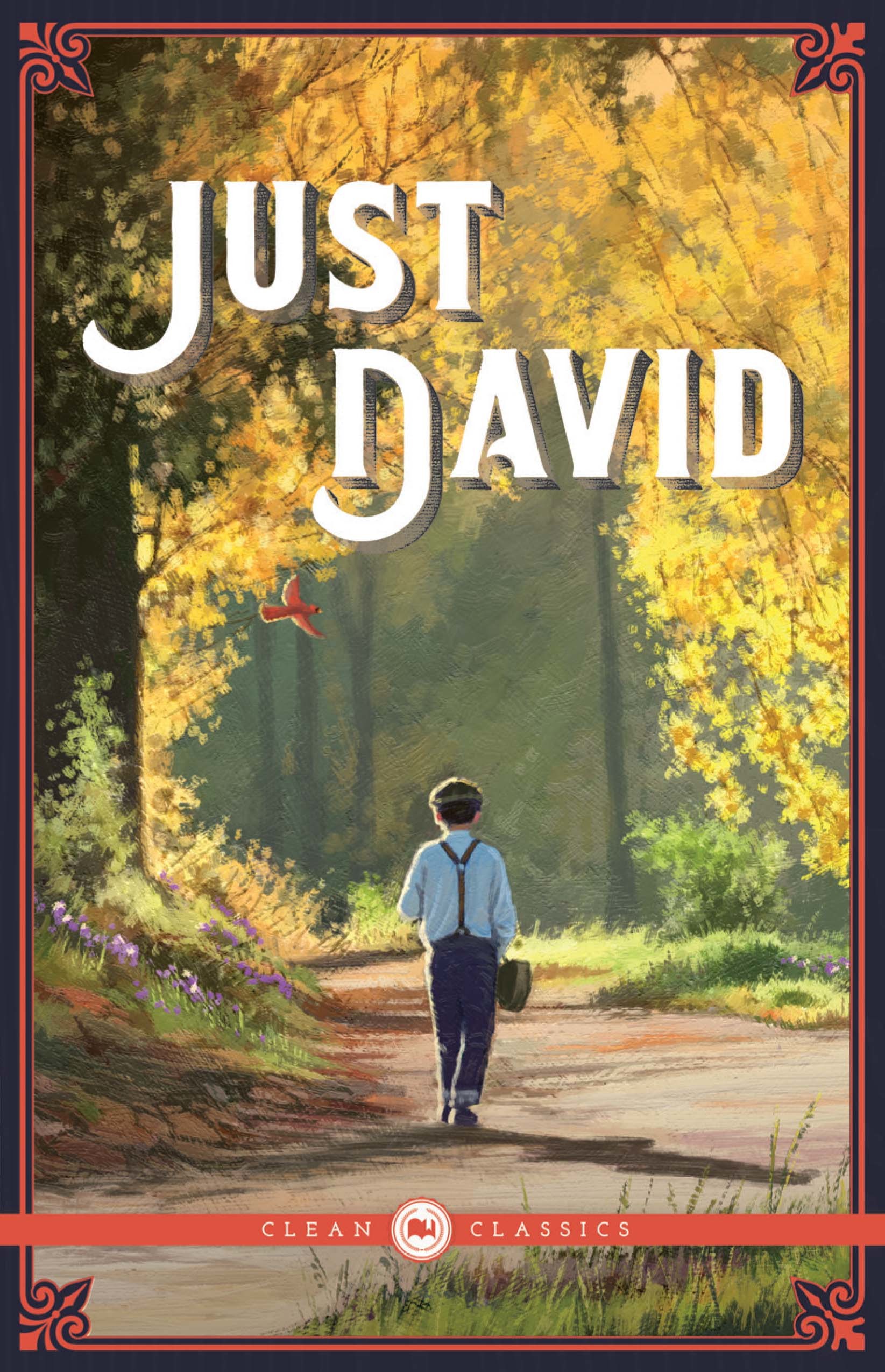As Perry Saw It
byIn this chapter titled “As Perry Saw It” paints a vivid portrait not just of a boy recovering from illness, but of a town quietly changed by his presence. Through Perry Larson’s eyes, the reader is drawn into a world where even the hardest hearts begin to soften. Jack Gurnsey’s regular visits are only part of the story. The deeper transformation lies in how David’s spirit lingers in conversations, gardens, and memories across the village. Mrs. Somers, once isolated and bitter, now cares for her roses again, all because David noticed one single bloom. That simple comment sparked not only the rebirth of a garden but the renewal of a lonely woman’s purpose. She isn’t alone in this change. Widder Glaspell’s Joe, once disengaged, now practices music with intent—each note echoing the boy who taught him how to listen not just with his ears but with his heart. These shifts reflect something deeper than politeness.
Perry’s stories flow naturally, often dotted with his quiet awe. Bill Dowd, misunderstood and often mocked, speaks not in grand declarations but through the warmth he feels when David smiles. To most, Bill is simple. To David, he was just another person to share joy with. That moment, recounted by Perry, shows that even the simplest interactions can carry the greatest emotional weight. Perry also recalls the incident with Bill Streeter and the pear tree. Streeter, known for valuing utility above all, nearly cut down the tree because it bore no fruit. But David pleaded its case—not with logic, but with a reminder that beauty has worth beyond function. That pear tree still stands, more than a tree now—it’s a monument to the day someone chose wonder over practicality. Perry tells these stories not with drama, but with the humble awe of a man realizing something sacred has passed through his life.
As the chapter progresses, David’s health hangs by a thread. Doctors whisper in low voices, their usual detachment gone. They care, more than they admit. Outside, word spreads. People who had once merely nodded at the boy now speak his name with fear and hope. The village leans into the silence, waiting. Perry, grounded and faithful, keeps watch with others. His voice is calm, but his heart isn’t. When dawn finally breaks and the doctors announce David has turned the corner, it isn’t just relief—it’s as if the whole village exhales at once. They didn’t realize how much he meant until the fear of losing him showed them.
What makes this chapter powerful is its quietness. No grand speeches, no declarations. Just Perry, piecing together how a boy with a violin and an open heart rewrote the lives of people too used to routine. It’s not magic—it’s presence. David listens, smiles, plays, and speaks with sincerity. In doing so, he brings people back to themselves. Perry sees this now. He has witnessed the slow blooming of joy in places where it had long withered. He shares these reflections not as a scholar, but as a man who has finally understood what mattered all along.
The power of this chapter lies in its testament to kindness. Through Perry’s recollections, we understand that David did not need to lecture or correct. His way was gentler, one that invited others to remember what being human really meant. Each act, from admiring a rose to defending a pear tree, told someone they mattered. And in this accumulation of small moments, a community found itself transformed. Perry may not speak in philosophical terms, but his stories show a truth far more enduring. The beauty in life doesn’t always come from grand events—it’s found in the quiet, unnoticed decisions to care. David, in his simplicity, brought those choices to light.

